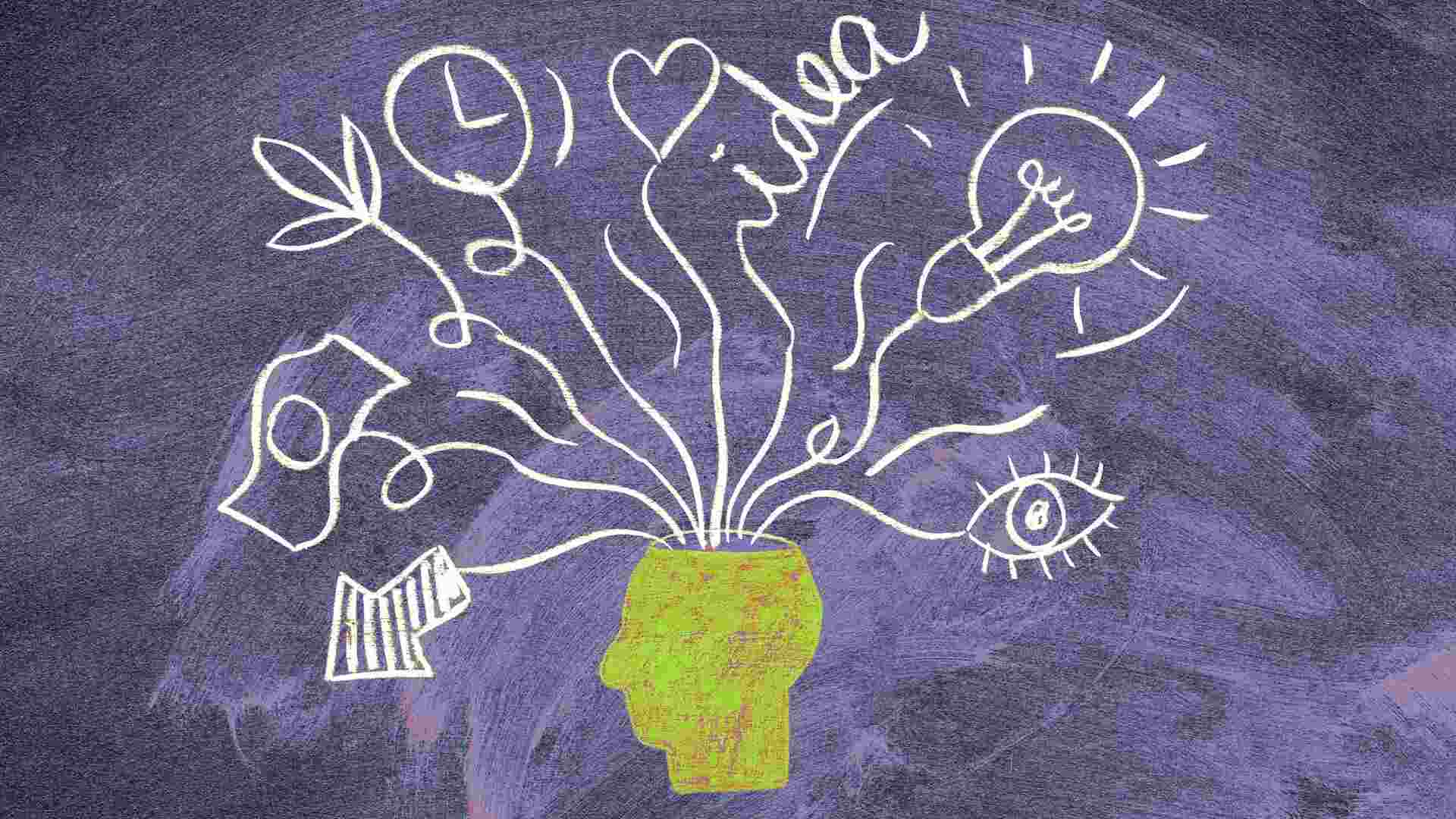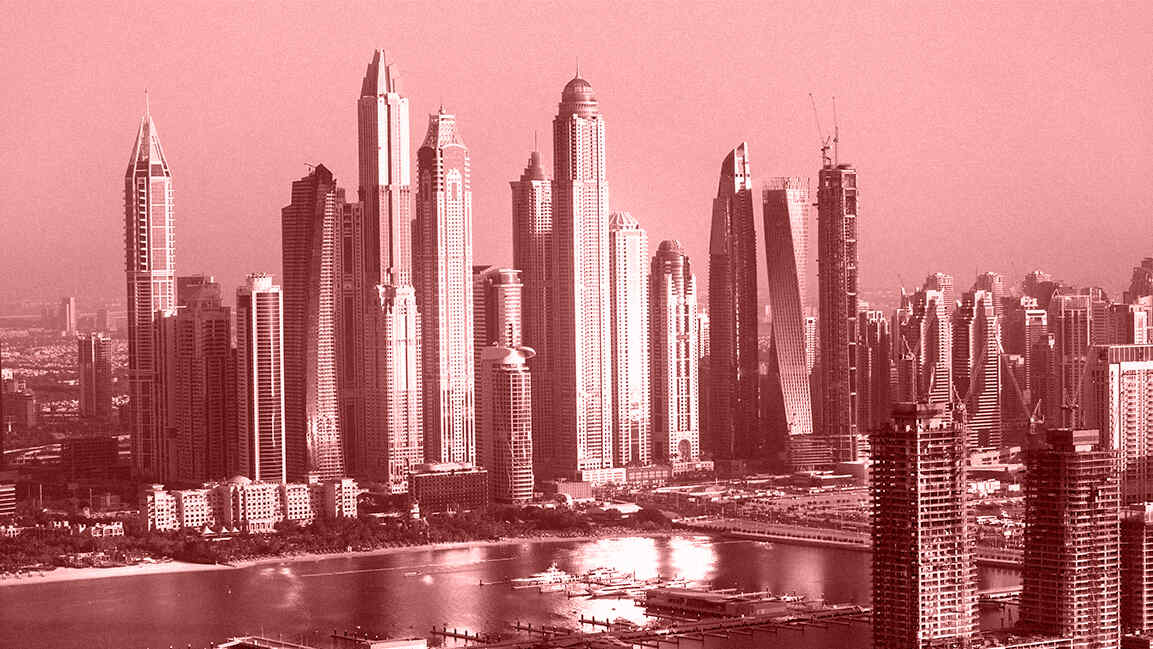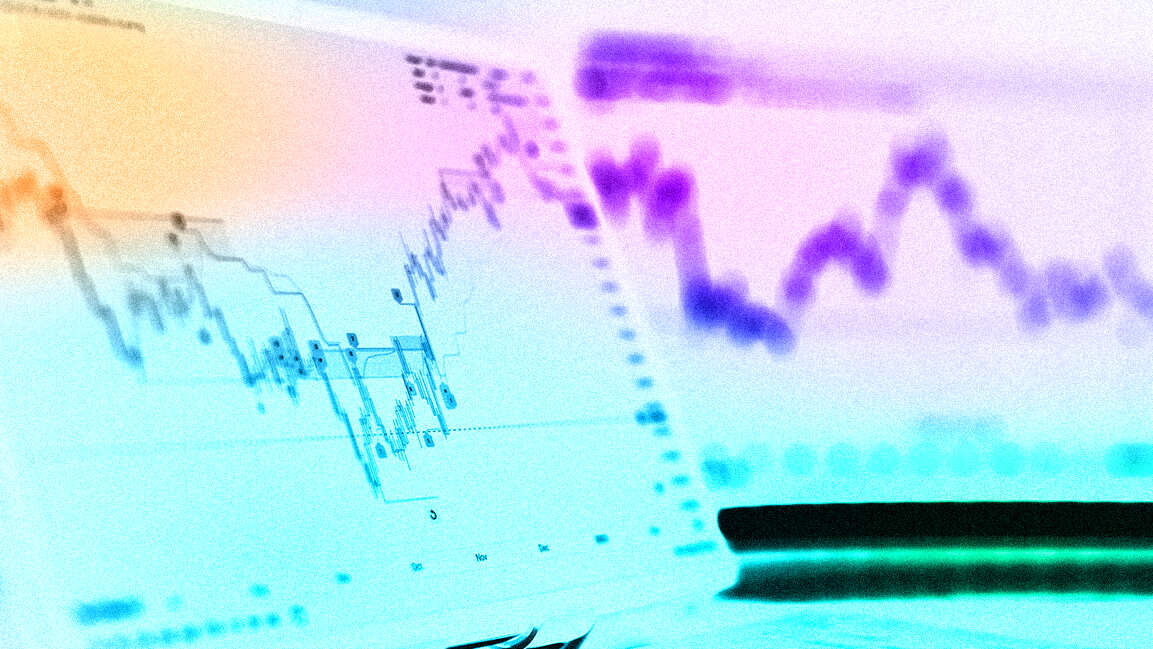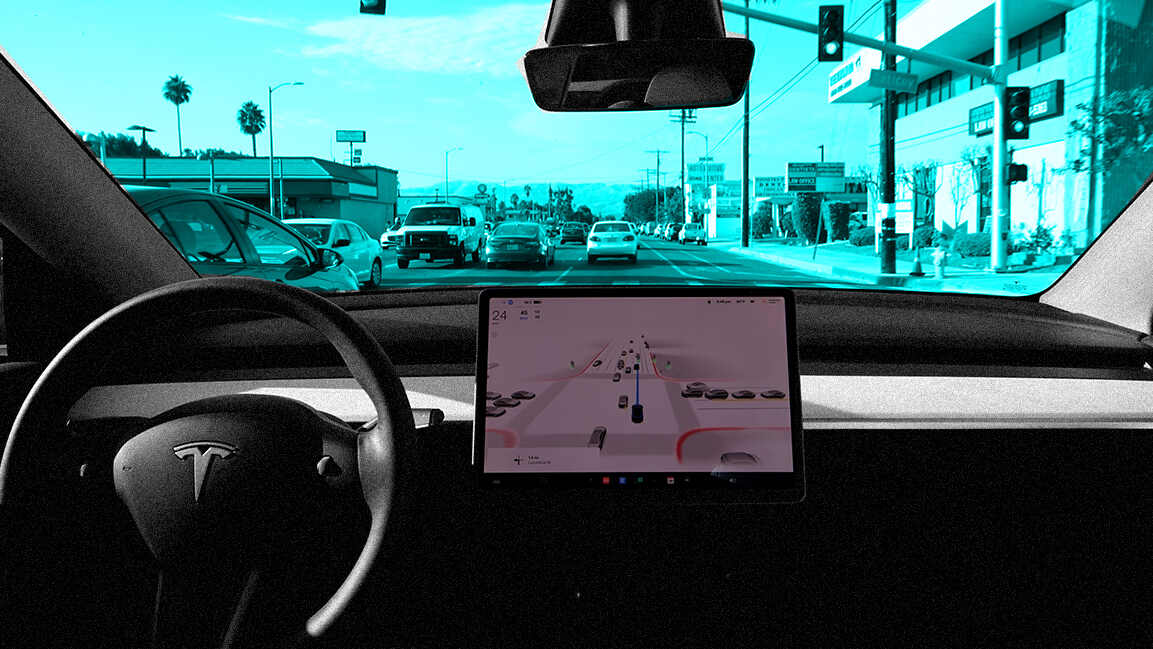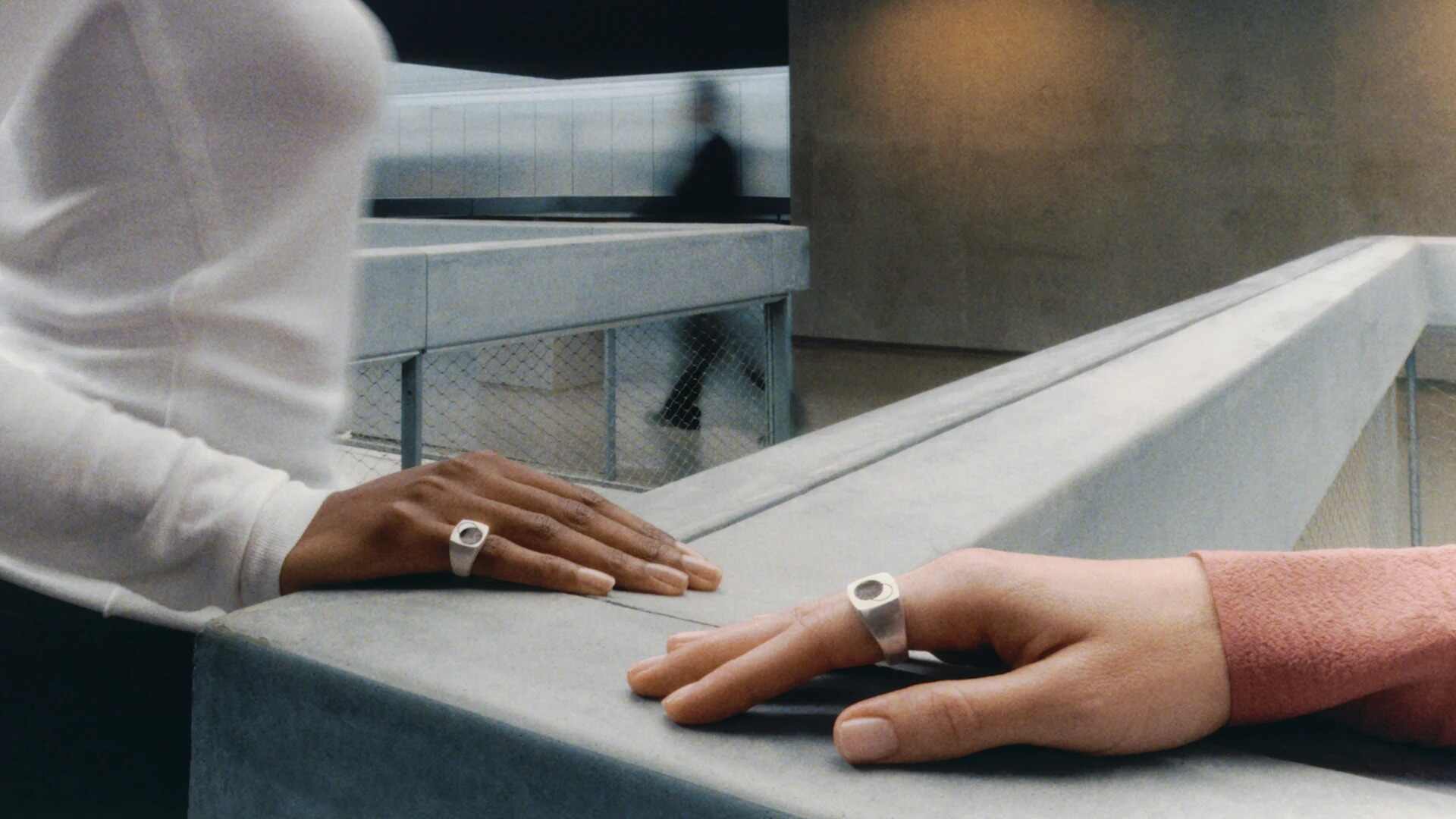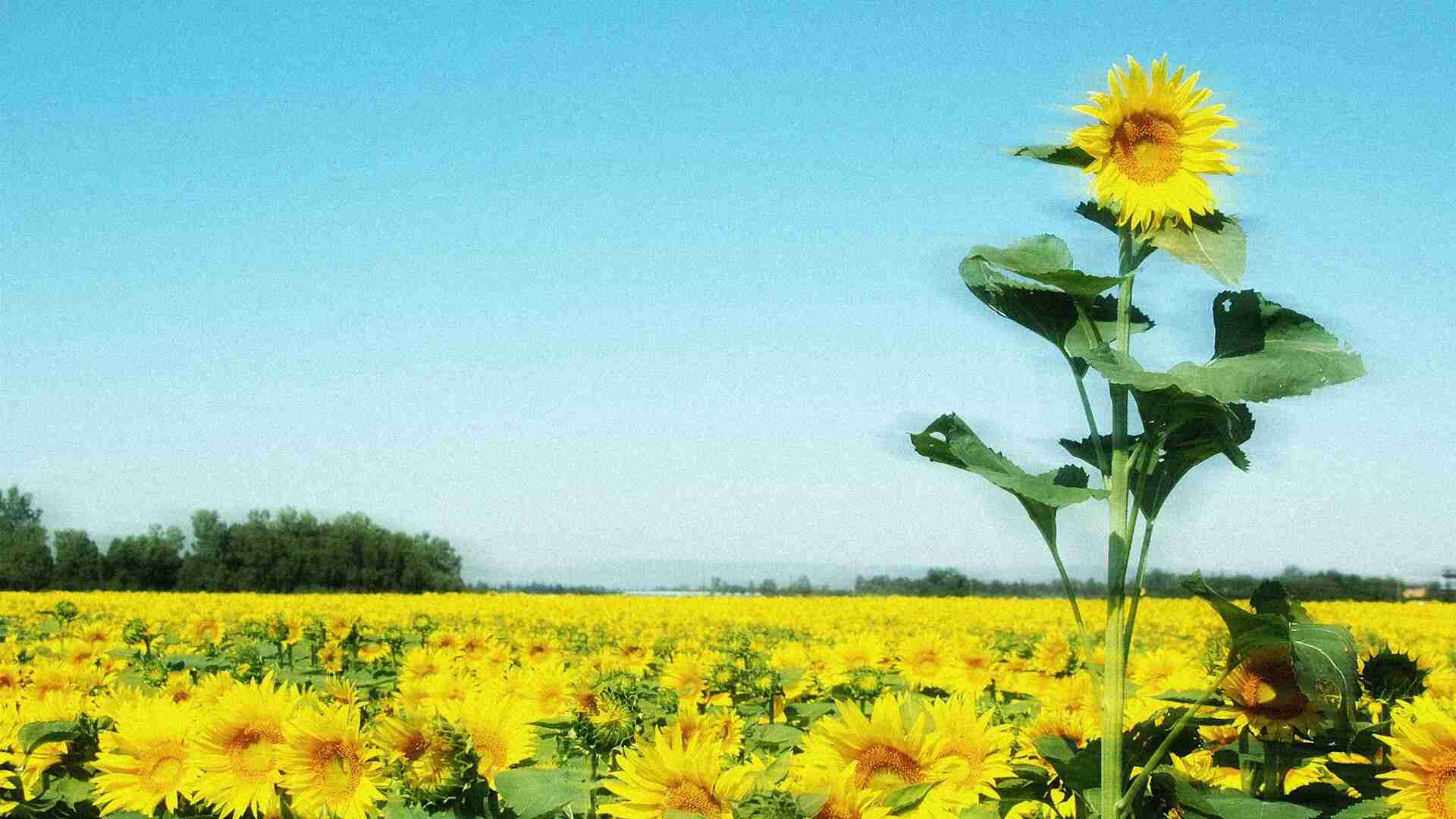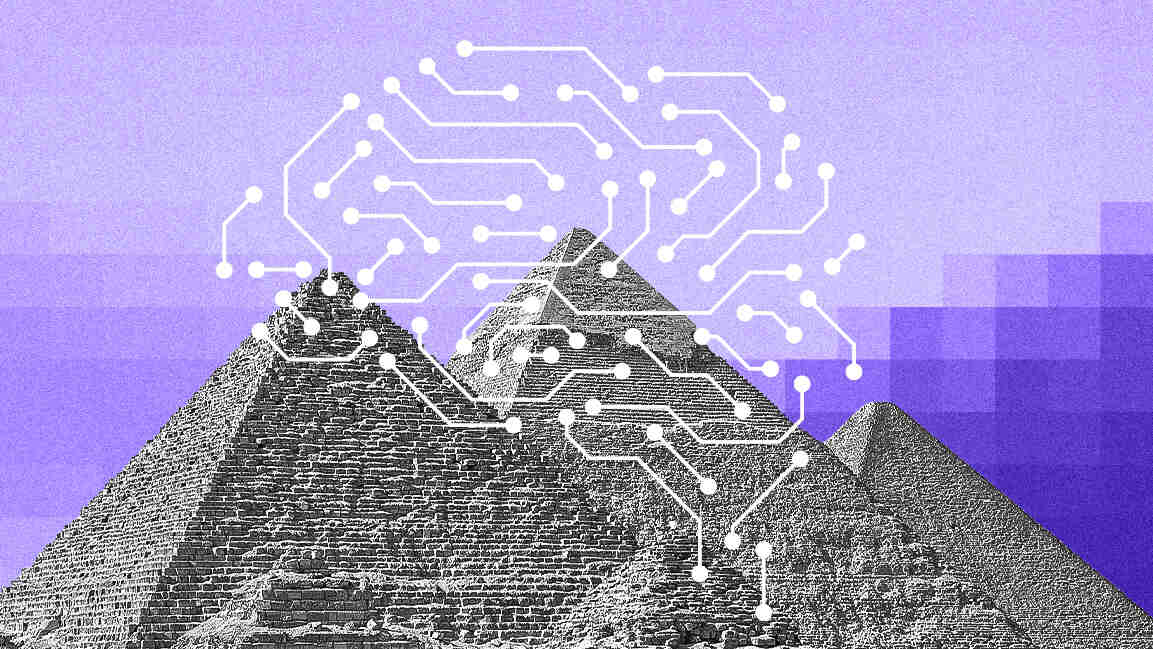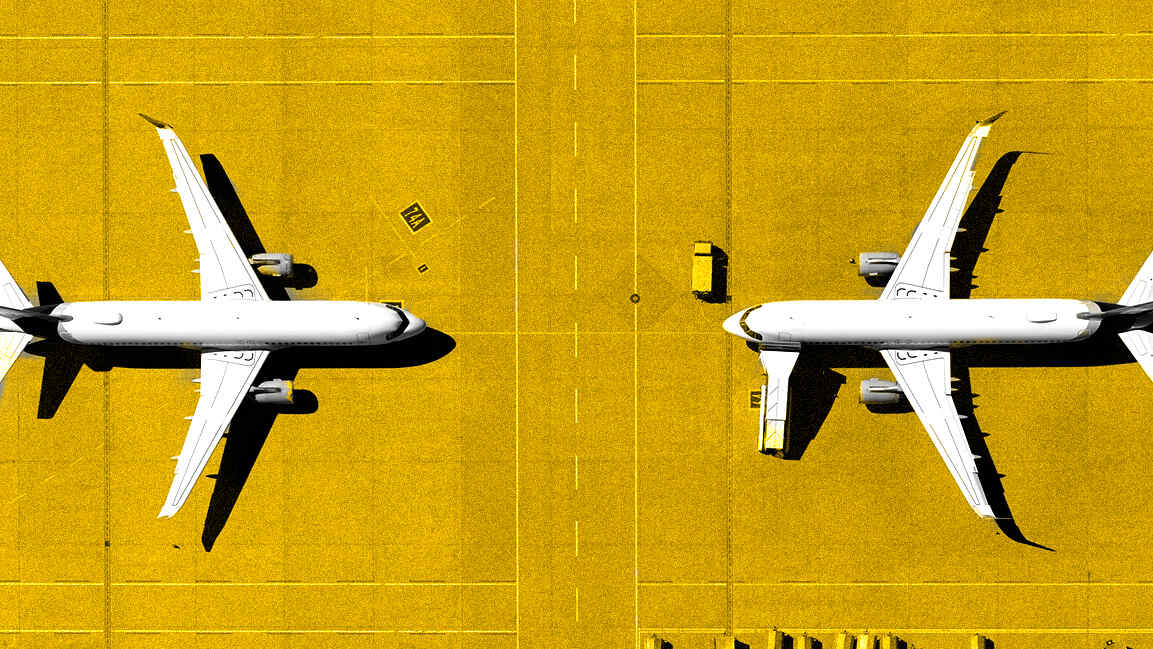- | 11:00 am
UAE introduces ‘Plant the Emirates’ initiative to boost sustainable agriculture
The National Agriculture Centre is set to offer technical support, promote local produce, and boost sector growth.
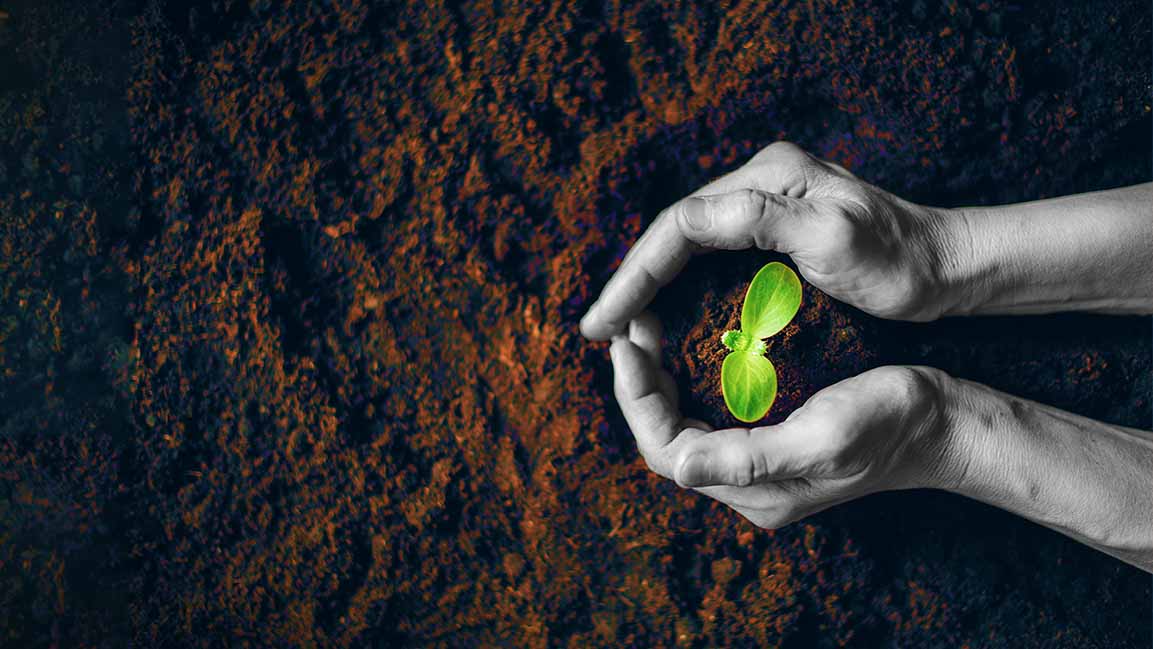
Sheikh Mohammed bin Rashid Al Maktoum, Vice President, Prime Minister, and Ruler of Dubai, has launched the ‘Plant the Emirates’ national program to boost the UAE’s agricultural sector and ensure sustainable food security.
This initiative, unveiled during a UAE Cabinet meeting at Al Marmoom in Dubai, is a significant step forward in advancing the country’s agricultural development.
Sheikh Mohammed emphasized that the program continues the legacy of Sheikh Zayed bin Sultan Al Nahyan, who supported desert greening and sustainable agriculture. It aims to instill a farming culture in homes, schools, and future generations across the UAE.
Aligned with the UAE’s sustainability and food security objectives, the ‘Plant the Emirates’ program introduces key initiatives to promote smart agriculture and foster collaboration between the public and private sectors. A central program component is establishing the National Agriculture Centre, designed to offer technical support, promote local produce, and drive sector growth.
Over the next five years (2025-2030), the center aims to increase the number of productive farms by 20%, expand organic farming by 25%, and implement climate-smart solutions on 30% of farms. Additionally, it will work to reduce agricultural waste by 50% and boost the use of local produce in the hospitality sector by 25%.
Launched as part of the Year of Sustainability 2024, the ‘Plant the Emirates’ program focuses on reducing the UAE’s carbon footprint by promoting the consumption of fresh, locally grown produce.
It will engage various stakeholders, including federal and local entities, private companies, and the wider community, through national campaigns, markets, and events to advance smart agricultural technologies.
The UAE Cabinet also discussed several key initiatives, such as the Biodiversity Sites Project, which seeks to add nine critical locations—like the Arabian Oryx Sanctuary and Marawah Marine Biosphere Reserve—to the global biodiversity database.
In addition, the UAE Circular Economy Agenda 2031 was reviewed. Its focus is on utilizing recycled materials and producing biofuels from food waste, further emphasizing the country’s commitment to sustainability and environmental protection.










